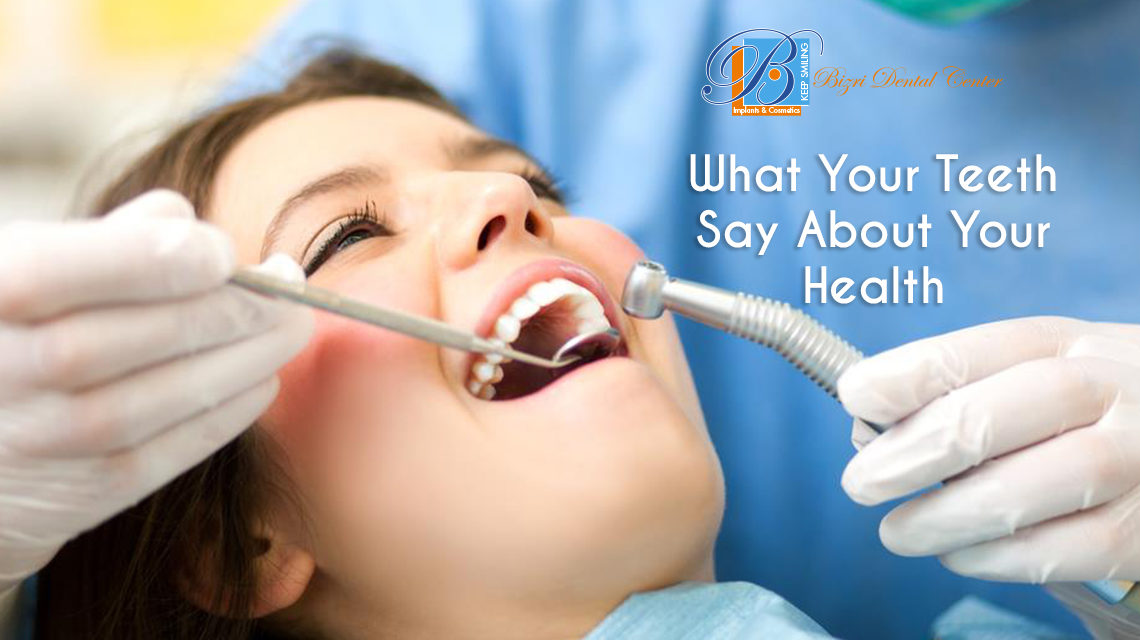Visits to the dentist are important, as we all know, but did you know it goes beyond just oral hygiene?
Your dentist can find out a lot from your teeth. But besides the obvious things like cavities or gum disease, your dentist can also find out things about your overall health from your teeth.
Below are some of the things dentists can see about your overall wellness just by looking your mouth:
1. Anxiety and poor sleep.
The state of your teeth can give clues about anxiety to your doctor. Stress, anxiety and sleep problems can cause teeth grinding, also known as bruxism.
Bruxism can cause the surface of your teeth to flatten and your teeth to get worn down. It is ver unhealthy for your teeth. To solve this problem, several patients who suffer from bruxism are given night guards to protect their teeth and are advised to seek stress council.
2. Eating disorders
Certain types of disordered eating, such as anorexia or bulimia, can be apparent to a dentist. Research shows that gastric acid from purging, which is associated with the conditions, can erode both tooth enamel and dentine, the softer layer just underneath the enamel.
3. Poor diet
Coffee, tea, sauces like marinara, energy drinks and dark berries leave their mark. So does chocolate, candy and dark soda. How you may ask? Stains.
But there are things you can do. Drink coffee and soda through a straw ― so it stays away from the tooth. Rinsing and brushing right after you eat helps immensely.
And we all know that sugar can cause cavities. But according to Rankin, if patients actually brushed and flossed every time they ate candy, the risk of a dental issue would be much smaller.
4. Alcohol abuse
Alcohol abuse can cause good oral hygiene habits to fall by the wayside and dentists can smell alcohol on a patient’s breath, according to Rankin.
A 2015 study in the Journal of Periodontology also found some insight into the drinking and oral health connection. Brazilian researchers discovered that gum disease, or periodontitis, increased with drinking frequency. The study also showed that overall poor oral hygiene is a common trait among people who excessively drink. The researchers also found that study participants without gum disease had higher levels of plaque than non-drinkers, possibly due to the way alcohol slows down the production of saliva and dries out the mouth.
5. Heart disease or diabetes.
The relationship between periodontitis and diabetes is not yet totally understood, however researchers know it is a two-way street: Diabetes increases the risk of gum disease, and gum inflammation negatively impacts the body’s ability to regulate blood sugar, according to a study published in Diabetologia. And it could be inflammation of the gum that is causing the association between gum disease, diabetes and periodontitis, according to the American Academy of Periodontology.
Furthermore, people with diabetes are three times more likely to experience this most severe type of gum disease. So, if you have diabetes or cardiovascular disease, stay on top of your oral health through regular cleanings, brushing and flossing. It’s possible that bacteria can get under inflamed gums and aggravate these diseases further.
Just as with keeping any area of your body healthy, it’s best to keep tabs on what might not feel right and to stay curious about what is happening in the mouth. That includes looking for “pain, swelling, bleeding gums, broken or loose teeth, enamel erosion.



